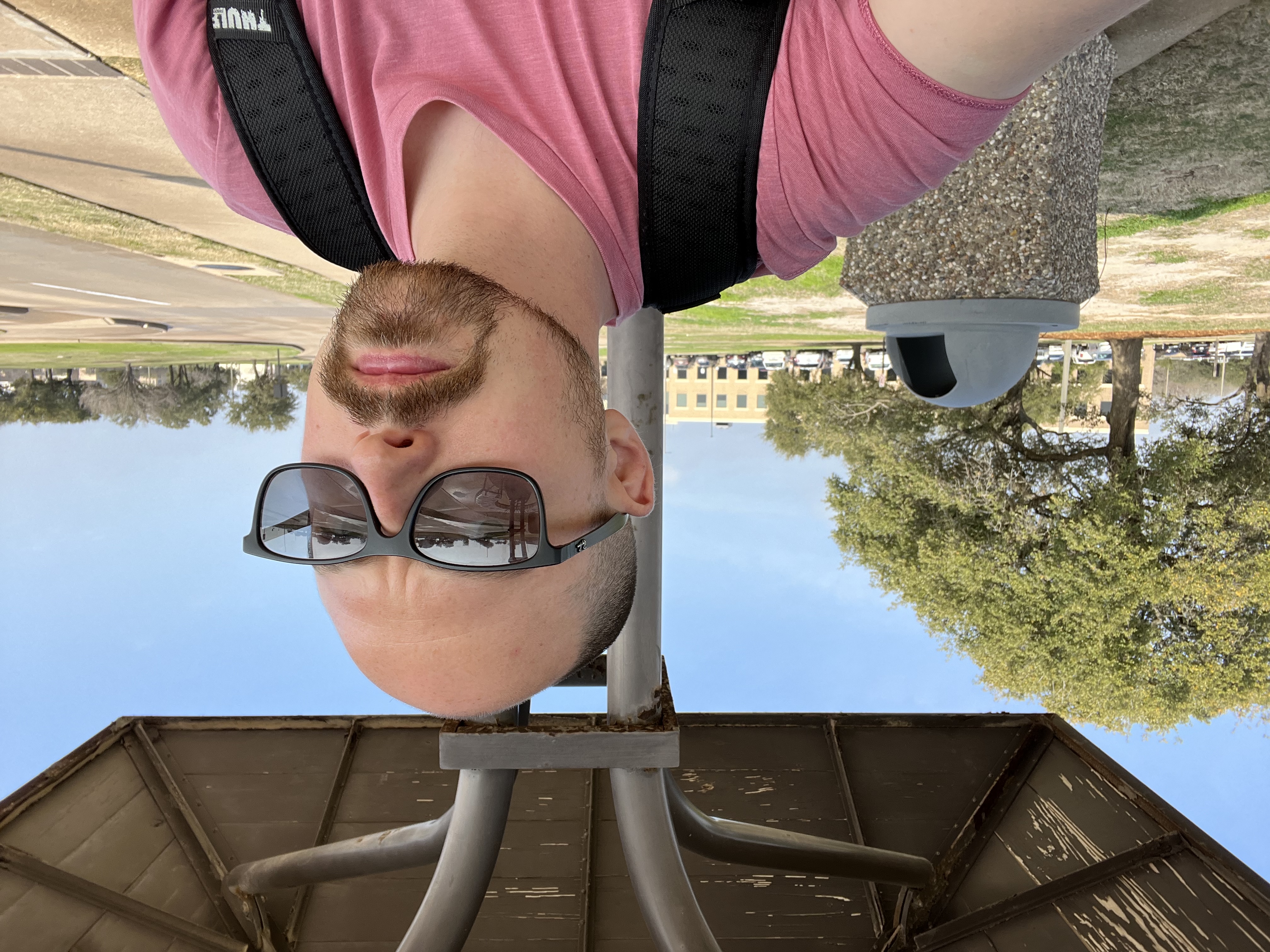Welcome to Mason Clark’s Personal Website
WEBSITE UNDER CONSTRUCTION
The design and content of my website is an ongoing project. More to come soon!
Professional Biography
Research Background
I completed my B.S. from SUNY College of Environmental Science and Forestry in Syracuse, NY, in 2016. My first research experience was during my undergraduate as a research technician for a master’s student studying population ecology and conservation of an endangered plant species Rhodiola integrifolia subsp. leedyi. However, I became increasingly interested in genetics and cell biology during my undergraduate studies and wanted to find more research experience in that field. I moved to Columbus, OH., shortly after graduation where I worked as a lab manager and the first personnel of a new medical genetics lab that focused on genome evolution and reproduction in Candida albicans at The Ohio State University. As a lab manager, I provided technical support for projects investigating the function of conserved meiotic genes in the unusual parameiotic reproduction of this yeast and, seperately, expansion of the TLO gene family known to contribute to C. albicans’ pathogenesis. This was then followed by two years of research technician and lab managerial work in Plant Pathology and Entomology at Cornell University.
PhD Studies
I began my PhD in Ecology and Evolutionary Biology at Texas A&M University in 2019 co-advised by Drs. Greg Sword and Spencer Behmer. My PhD research centered on the majestic biomolecule cholesterol and its function in insect herbivore physiology. Arthropods, which includes insects, are among several major animal phyla that are sterol auxotrophs, requiring dietary sources of sterols - namely cholesterol. Insect herbivores, comprising ~50% of all insect species and includes most invertebrate agricultural pests, feed on plant tissues that are rich in phytosterols (C24 alkylated sterols unlike cholesterol)
Post-doctoral Studies
General Research Interests
Making your own academic website is easy and free
Using Github Pages to make your own free website.
It turns out that hosting your own website is very easy to do, and there are tons of templates out there to help you get started. I’m using the academicpages template, which is a Jekyll-based template that’s very user friendly. You can fork the repositoryto your own Github page and start building your personal and academic website right away.
